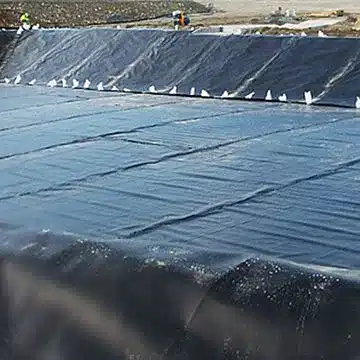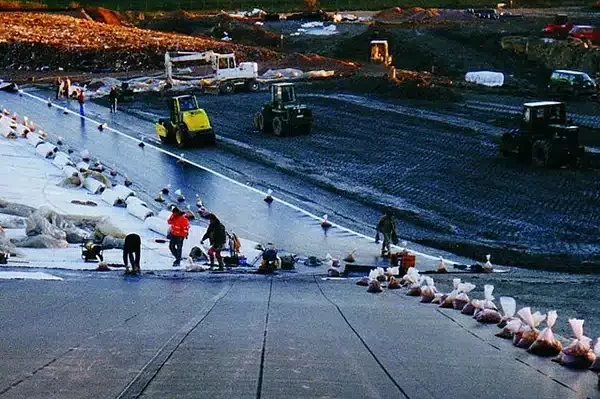How to Choose the Geomembranes Best Supplier for Your Geosynthetics Projects
Selecting the right geomembranes best supplier is critical for civil, environmental, and industrial projects that rely on geosynthetics. A reliable supplier provides high-quality materials, technical guidance, and consistent logistics. Whether your project involves landfill liners, water containment systems, mining tailings, or erosion control solutions, working with a trusted supplier ensures materials perform under environmental stress and comply with regulations.
What factors should you consider when choosing a geomembranes best supplier?
- Product quality and compliance: Membranes such as HDPE, LLDPE, or PVC should meet international standards for tensile strength, elongation, and chemical resistance.
- Technical expertise: Suppliers must understand applications like containment, drainage, reinforcement, and separation.
- Support and warranty: Choose a supplier offering installation guidance, QA/QC support, and warranties.
- Logistics reliability: Ensure timely delivery and proper storage.

Why are geomembranes essential in civil and environmental engineering?
- Geomembranes perform critical functions including containment, separation, filtration, and reinforcement.
- The global geosynthetics market is projected to grow from USD 16.52 billion in 2024 to USD 24.60 billion by 2030, CAGR 8.3% (Source: Grand View Research).
- Geomembranes account for roughly 35% of geosynthetics applications, widely used in landfills, water reservoirs, and mining containment (Source: Mordor Intelligence).
- For product selection, explore Geofantex geomembranes solutions.
What challenges might arise when working with a geomembranes supplier?

- Specification errors: Incorrect thickness or polymer reduces lifespan. Mitigation: Request technical datasheets and independent tests.
- Installation errors: Poor welding or placement can compromise performance. Mitigation: Use suppliers offering certified installation support.
- Quality control issues: Inconsistent production affects durability. Mitigation: Verify ISO certifications and request sample testing.
- Supply chain delays: Late delivery may disrupt schedules. Mitigation: Confirm production capacity and logistics plans.
How to evaluate a geomembranes best supplier for your project?
- Define project requirements: Application type, exposure, expected lifespan.
- Shortlist suppliers: Based on experience, certifications, and production capacity.
- Request detailed proposals: Include specifications, performance data, installation support, and logistics.
- Check references and case studies: Evaluate similar projects.
- Conduct sample tests or audits: Confirm product quality.
- Finalize contract: Include performance metrics, delivery schedules, and warranty terms.
- Monitor installation: Ensure supplier provides on-site support and QA/QC.
Selecting the geomembranes best supplier is a strategic decision impacting project quality, compliance, and cost. With the geosynthetics market projected to grow at CAGR 8.3%, choosing a supplier with technical expertise, quality assurance, and strong support ensures your infrastructure or environmental project succeeds. Explore Geofantex geomembranes products for trusted solutions.
Comments
Post a Comment